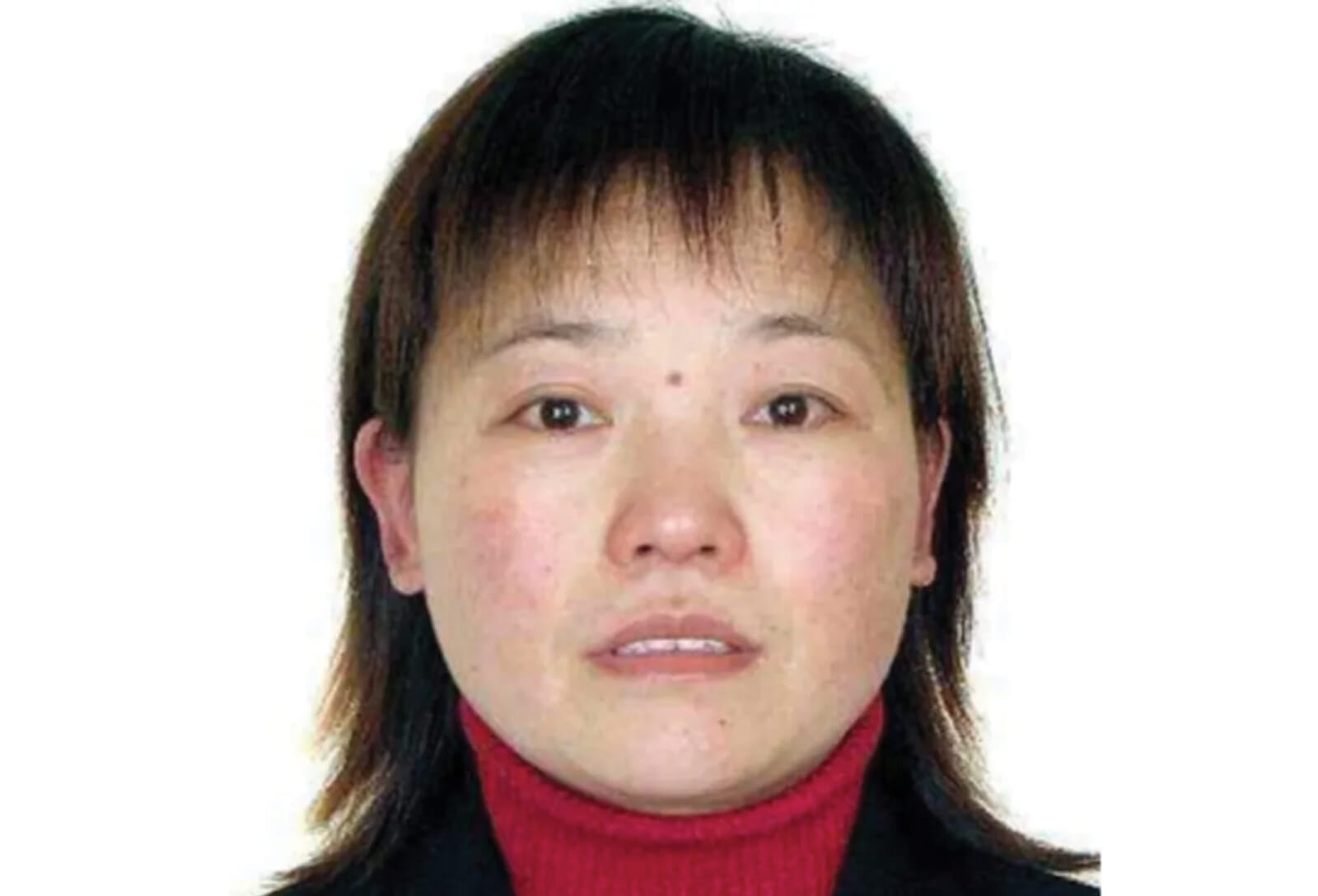Taro Kono declares victory in the “war” against floppy disks

In this week’s news overview we report on the last chapter for Floppy disks while Taro Kono tries to modernize the government. But there is more serious news: The Supreme Court condemns the State to pay compensation for forced sterilizations under the now-defunct EugeneLaw to protect electronic devices. Japan launches a rocket and new banknotes. And Hey Youpinga Chinese Woman who saved Japanese mother and son during knife attack in China is honored with certificate as a “righteous and courageous role model”In sports, Naomi Osaka and Kei Nishikori are eliminated from Wimbledon and Daichi Kamada signs for Crystal Palace.
Japanese government finally stops using floppy disks
Three years ago, Digital Minister Taro Kono declared war on floppy disks. In a statement to Reuters on Wednesday, he announced that the government had finally won that war. Remarkably, as of mid-last month, 1,034 regulations still required the use of flexible, removable magnetic disks for filing forms. The use of these was then eliminated for all of those regulations except one, which affected vehicle recycling systems. That was finalized on June 28, meaning the government could officially say goodbye to floppy disks. Next up for Kono is the fax machine.
“There are still many things in society that need to be checked, including fax machines, so we want to check those thoroughly as well,” he said. said at a press conference on June 14. The popular politician, who has 2.5 million followers on X, is determined to modernize the government and bring it into the digital age. In an interview with Time In Japan magazine in 2023, Kono said, “Japan was pretty good with analog technology. But when things went digital, we were too satisfied with analog things and didn’t invest enough.” The country’s digitization efforts continue to face many hurdles.


Japan issues new banknotes
On Wednesday, Japan introduced new banknotes for the first time since 2004. However, they can currently only be accepted by 30% of the country’s machines. The new designs are unique in the world and feature three-dimensional holograms that make the portraits on the banknotes appear to rotate when tilted left or right. This is one of several measures to combat counterfeiting. In addition, Japan’s new banknotes feature tactile markings that make it easier for visually impaired people to identify the different denominations. New images can also be seen on both sides of the banknotes.
The back of the 1000 yen note shows Katsushika Hokusai’s famous artwork “The Great Wave off Kanagawa”. The 5000 yen note shows wisteria flowers and the 10,000 yen note shows the Tokyo Station building. The faces on the front of the notes have also changed. The doctor and bacteriologist Shibasaburo Kitasato, who is considered to be the co-discoverer of the pathogen that causes bubonic plague, replaces Hideyo Noguchi on the 1000 yen note. Umeko Tsuda, a pioneer in the field of women’s education, takes over Hideyo Noguchi on the 5000 yen note and Eiichi Shibusawa, known as the father of Japanese capitalism, replaces Yukichi Fukuzawa on the 10,000 yen note.
Supreme Court rulings Eugenics Protection Act unconstitutional
On Wednesday, Japan’s Supreme Court ruled that the country’s now-defunct Eugenics Protection Law, under which thousands of people were sterilized between 1948 and 1996, was unconstitutional. It allowed doctors to remove the reproductive functions of people with disabilities to “prevent the birth of inferior offspring.” All 15 judges unanimously found that the law violated Article 13 of the constitution, which guarantees people the freedom not to undergo physically invasive procedures against their will, and Article 14, which stipulates that all people are equal before the law. It is the 13th time the Supreme Court has declared a law unconstitutional.
An estimated 25,000 people had to undergo Sterilization operations. The government admitted that about 16,500 of them were performed without consent, including At two children aged 9. Authorities claim the other 8,500 consented to the operations. HHowever, lawyers believe they were pressured into doing so. In 2019, more than two decades after the law was passed, Parliament passed a bill to compensate those who had undergone sterilization.mis3.2 million yen was paid to the surviving victims. On Wednesday, the Supreme Court ruled that this amount was insufficient and rejected the government’s claim that the 20-year statute of limitations prevented it from paying compensation.


Chinese woman posthumously honored after saving Japanese family
Hey YoupingThe Chinese woman who died in a knife attack last week while trying to protect a Japanese mother and son was posthumously honored with a certificate as a “righteous and courageous role model” by the city of Suzhou, where she lived. A memorial ceremony was held on Tuesday, with officials from the city in Jiangsu province praising Hu’s bravery. The city also plans to set up a “Youping Righteousness Fund” to promote the spirit of righteousness. Hu’s family thanked the public for the kind messages that since her death, but have declined offers of donations.
Hu was working as a school bus attendant when the incident occurred around 4 p.m. last Monday. According to a statement from Suzhou police, she saw a man with a knife attack a boy and a woman at a bus stop and “immediately rushed” To to stop him. She was then stabbed several times. The perpetrator, a 52-year-old unemployed man surnamed Zhou, was arrested at the scene. The Japanese mother and her son were injured, but their injuries were not life-threatening. Unfortunately, Hu succumbed to her Injuries two days after the attack.


Image via https://global.jaxa.jp/
JAXA launches H3 rocket with Earth observation satellites
Just after noon on Monday, Japan’s space agency JAXA successfully launched its third H3 rocket from the Tanegashima Space Center in Kagoshima Prefecture. The new flagship H3 rocket, carrying a three-ton Earth observation satellite, deployed its payload about 16 minutes after liftoff. Developed by JAXA and Mitsubishi Electric, the Daichi-4 satellite, also known as Advanced Land Observing Satellite-4 (ALOS-4), has an observation range of 200 kilometers. It can detect ground deformation, landslides and the effects of natural disasters. It is also capable of monitoring military activities such as rocket launches.
Officials at the launch control center in Tanegashima hugged each other after the launch, which was scheduled for Sunday. However, it had to be postponed for a day due to bad weather. During its maiden flight in March last year, the H3 rocket crashed into the Philippine Sea. It had to self-destruct just minutes after liftoff because the second stage engine failed to ignite. In February this year, the H3 rocket launched a second time and completed its first successful flight. However, it was carrying a dummy satellite at the time.

Japanese players eliminated early in Wimbledon
It was a disappointing week for Japan’s biggest tennis stars at Wimbledon. Naomi Osaka took part in the All-England Lawn Tennis Championships for the first time since 2019. She won her opening match against France’s Diane Parry 6-1, 1-6, 6-4, but then bowed out in the second round, losing 4-6, 1-6 to Emma Navarro of the USA. Kei Nishikori, meanwhile, played at SW19 for the first time in three years. He lost his first round match against France’s Arthur Rinderknech 7-5 4-6 7-6 3-6 2-6. Rinderknech’s Compatriot Giovanni Mpetshi Perricardknocked out Yoshihito Nishioka in the second round.
In football news, English Premier League team Crystal Palace announced on Monday the signing of Japanese attacking midfielder Daichi Kamada. The move reunites the 27-year-old with Oliver Glasner, his former manager at Eintracht Frankfurt. Kamada joined Serie A side Lazio last summer, but was unable to agree a new contract with the Italian club. His international teammate, Kaishu Sano completed his transfer from Kashima Antlers will move to Mainz 05 on Wednesday. Other Japanese players who have already moved this summer include Hiroki Ito to Bayern Munich, Seiya Maikuma to AZ Alkmaar and Takumu Kawamura to Red Bull Salzburg.



